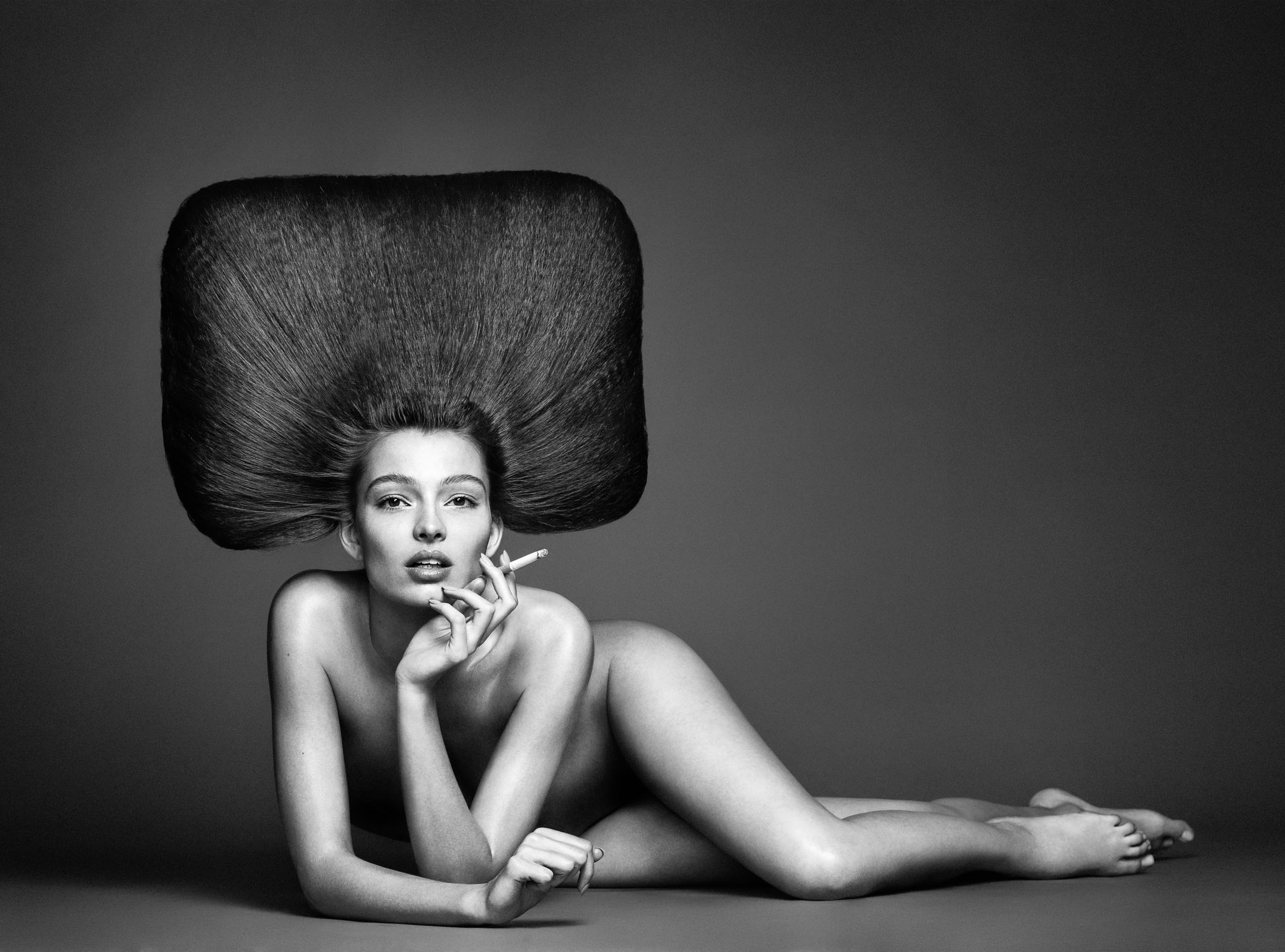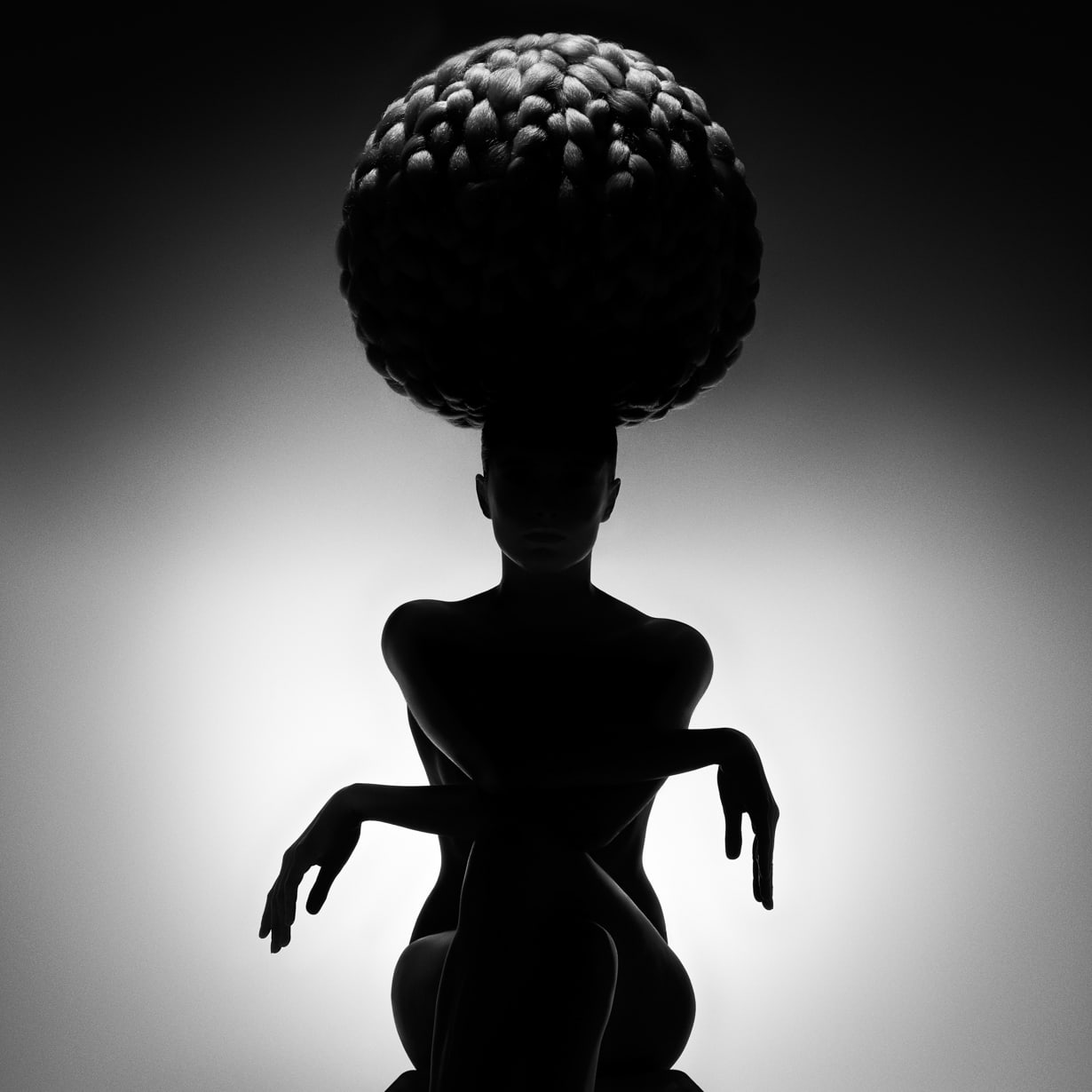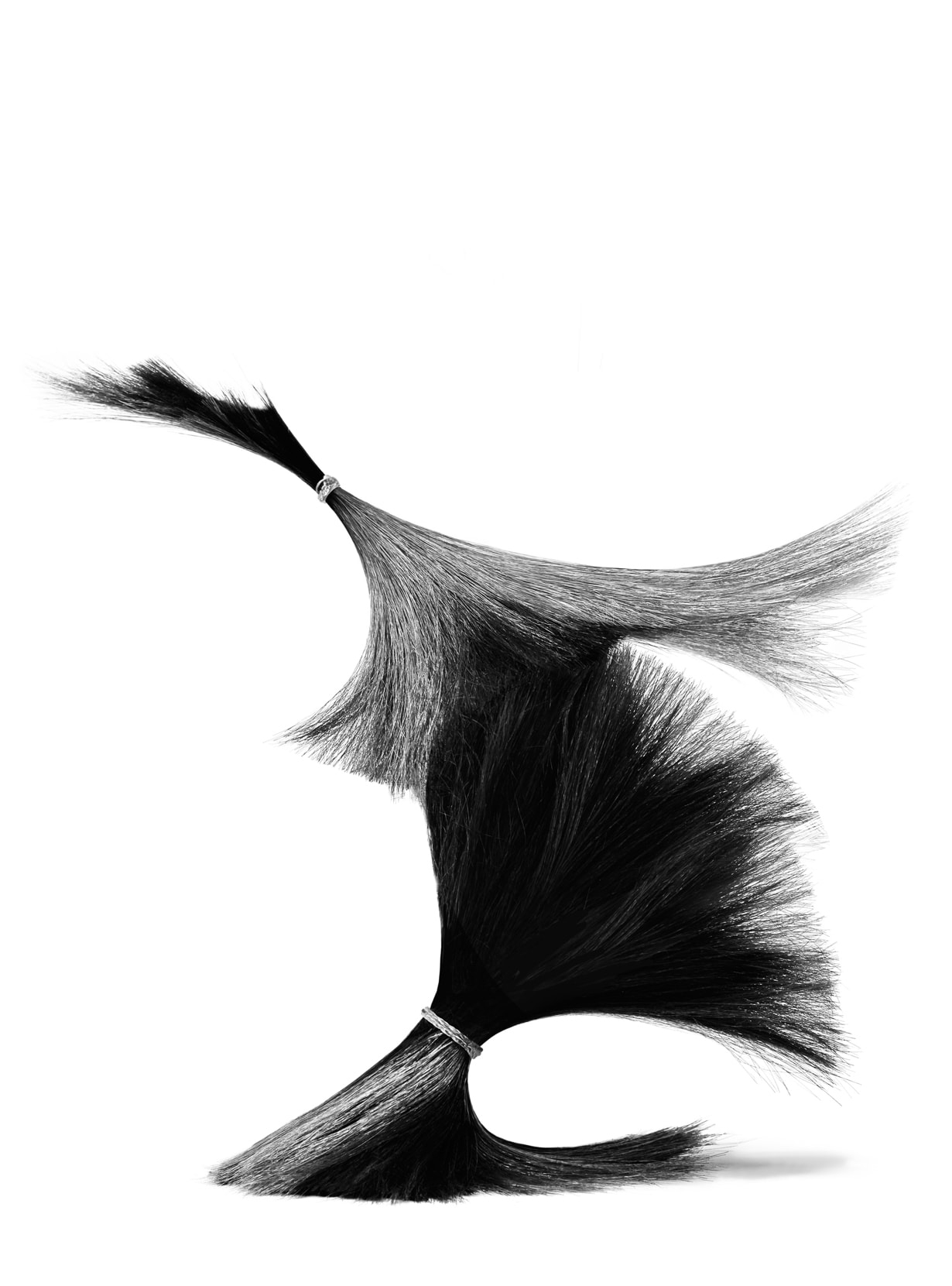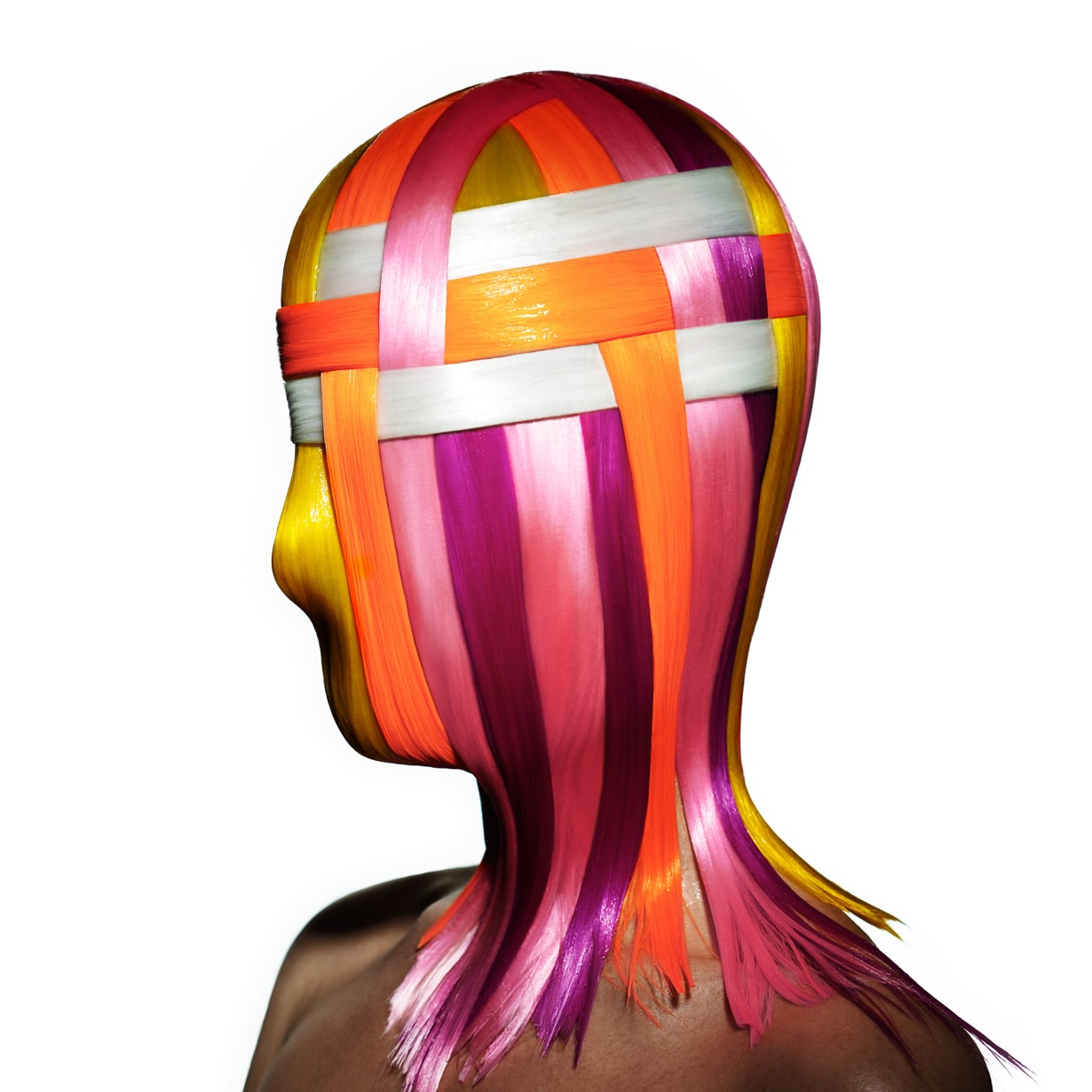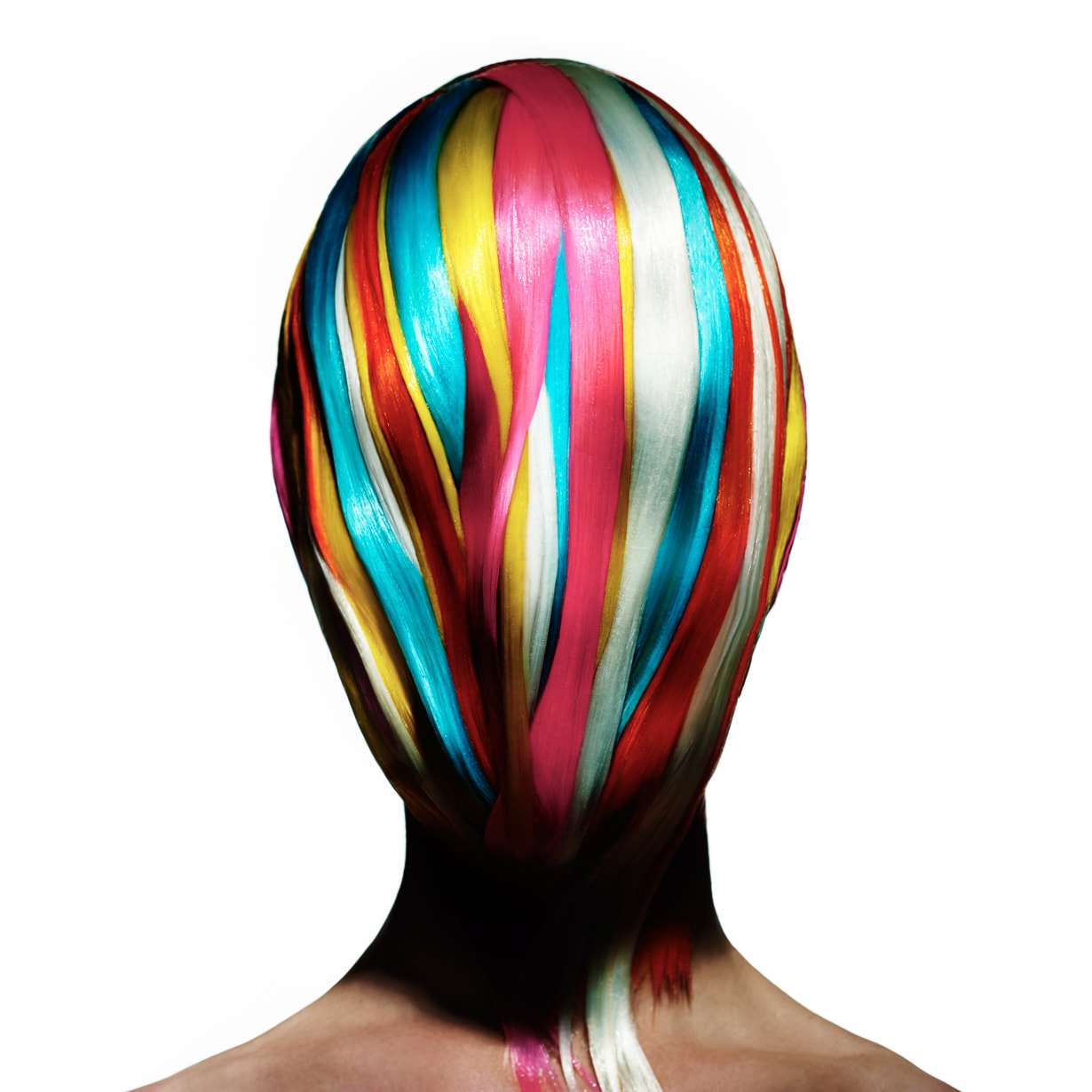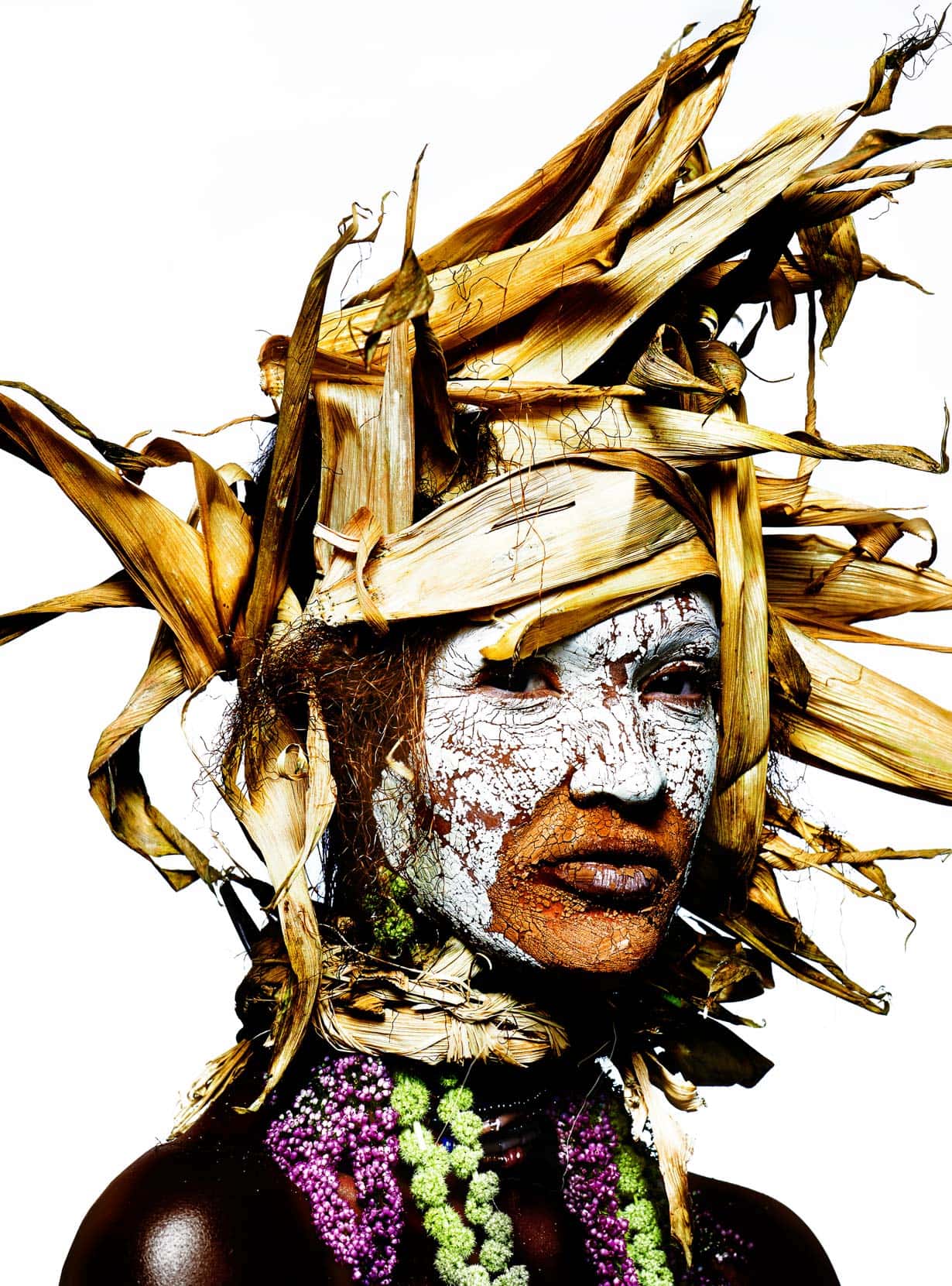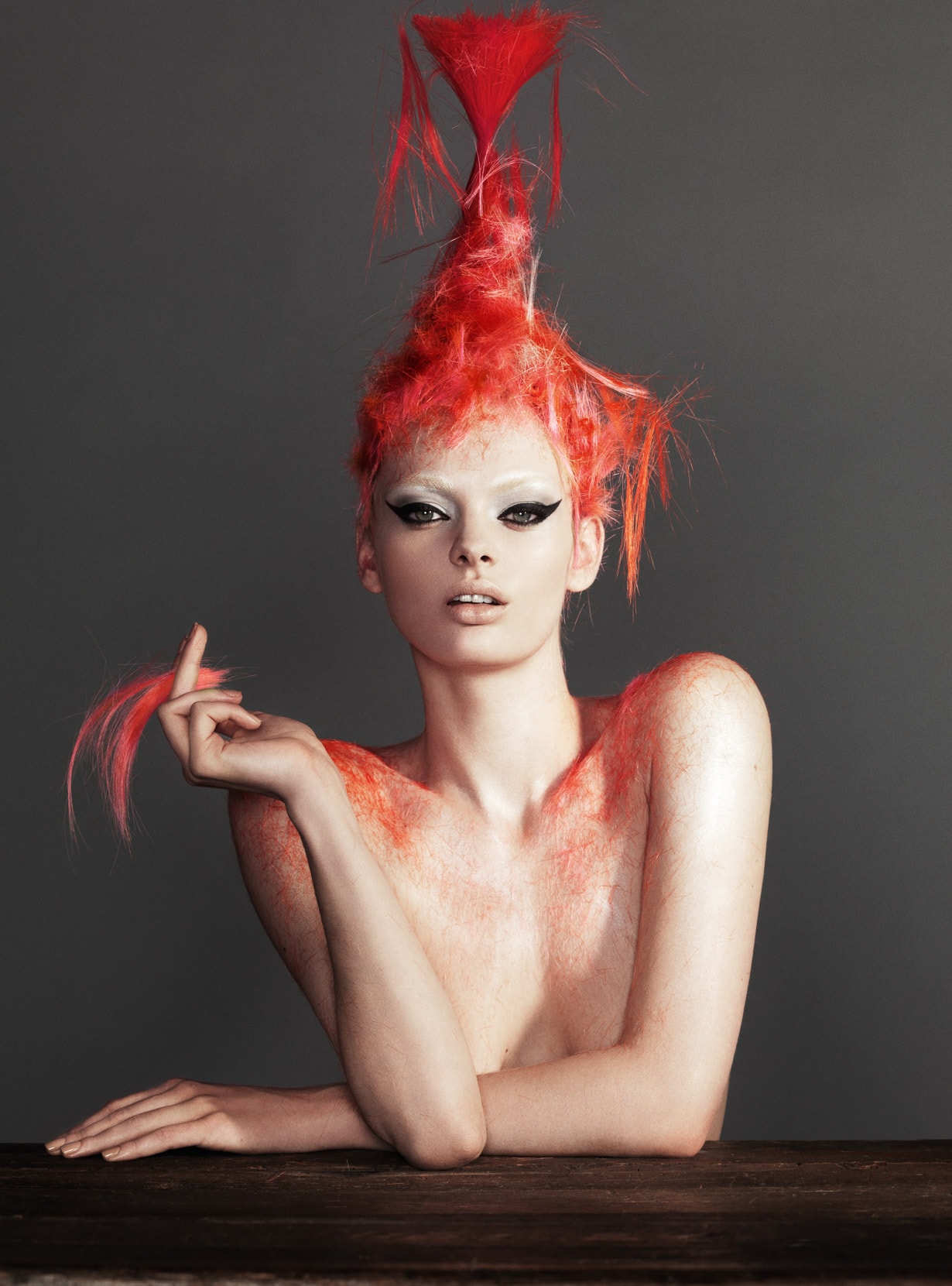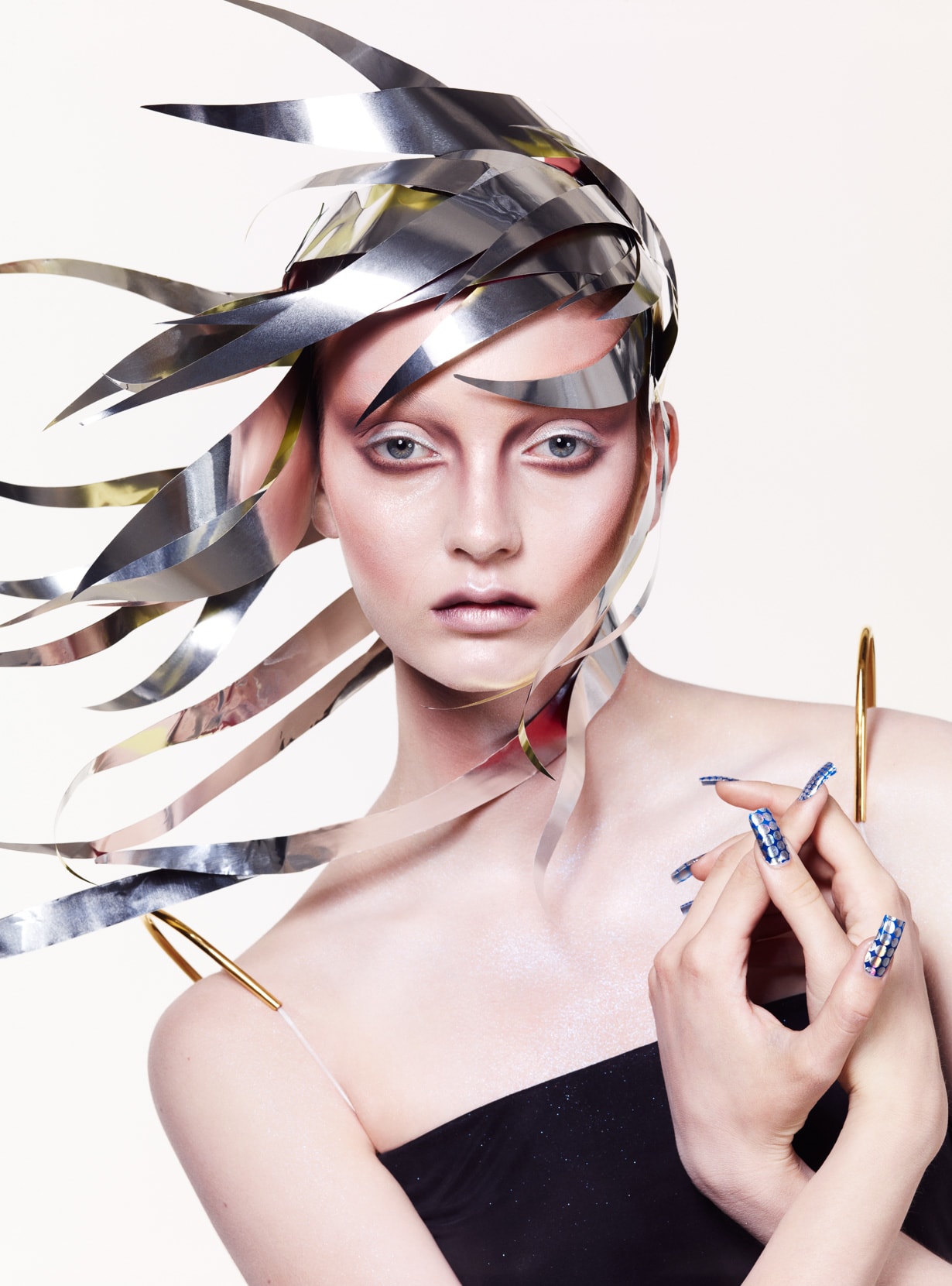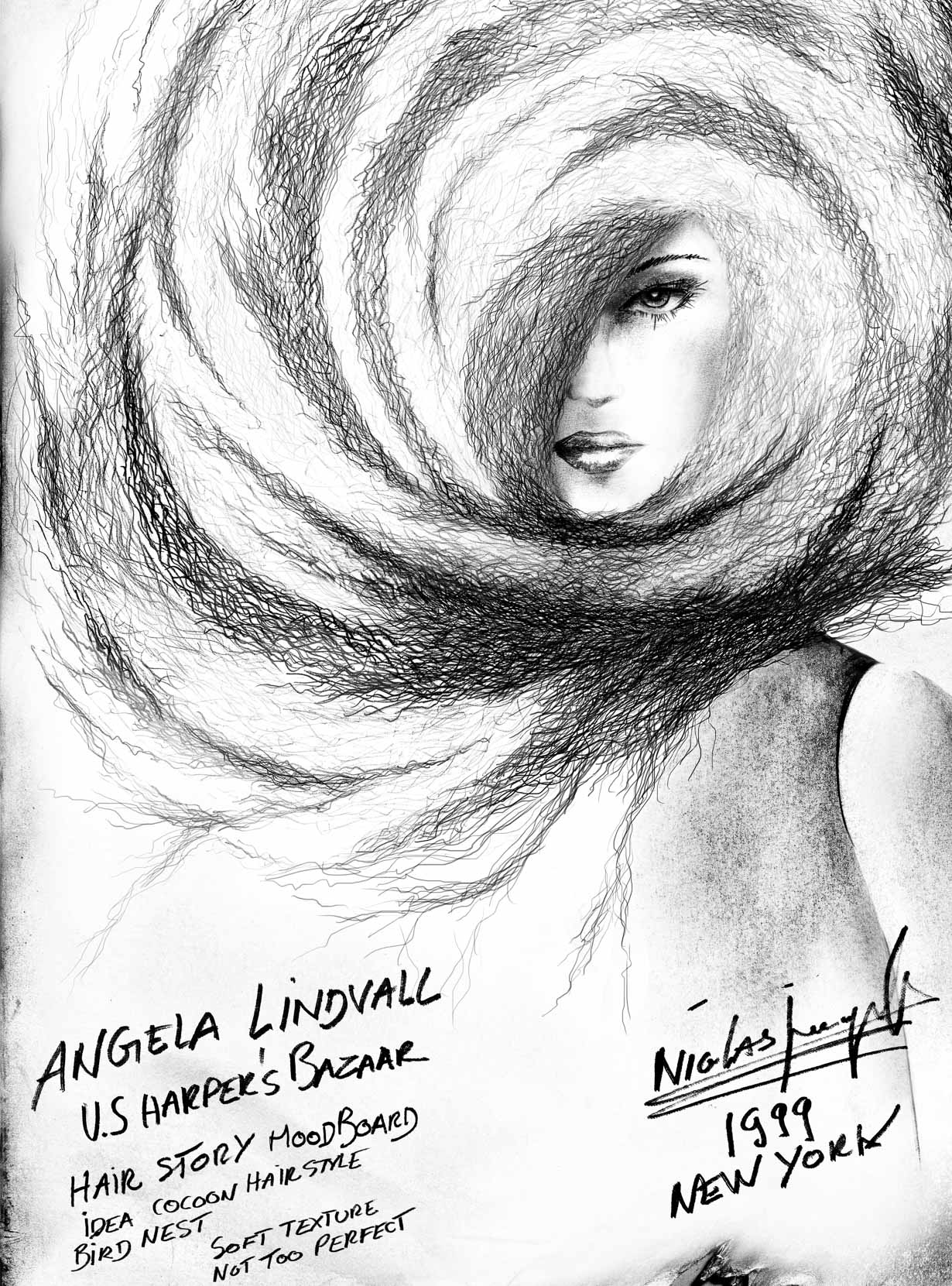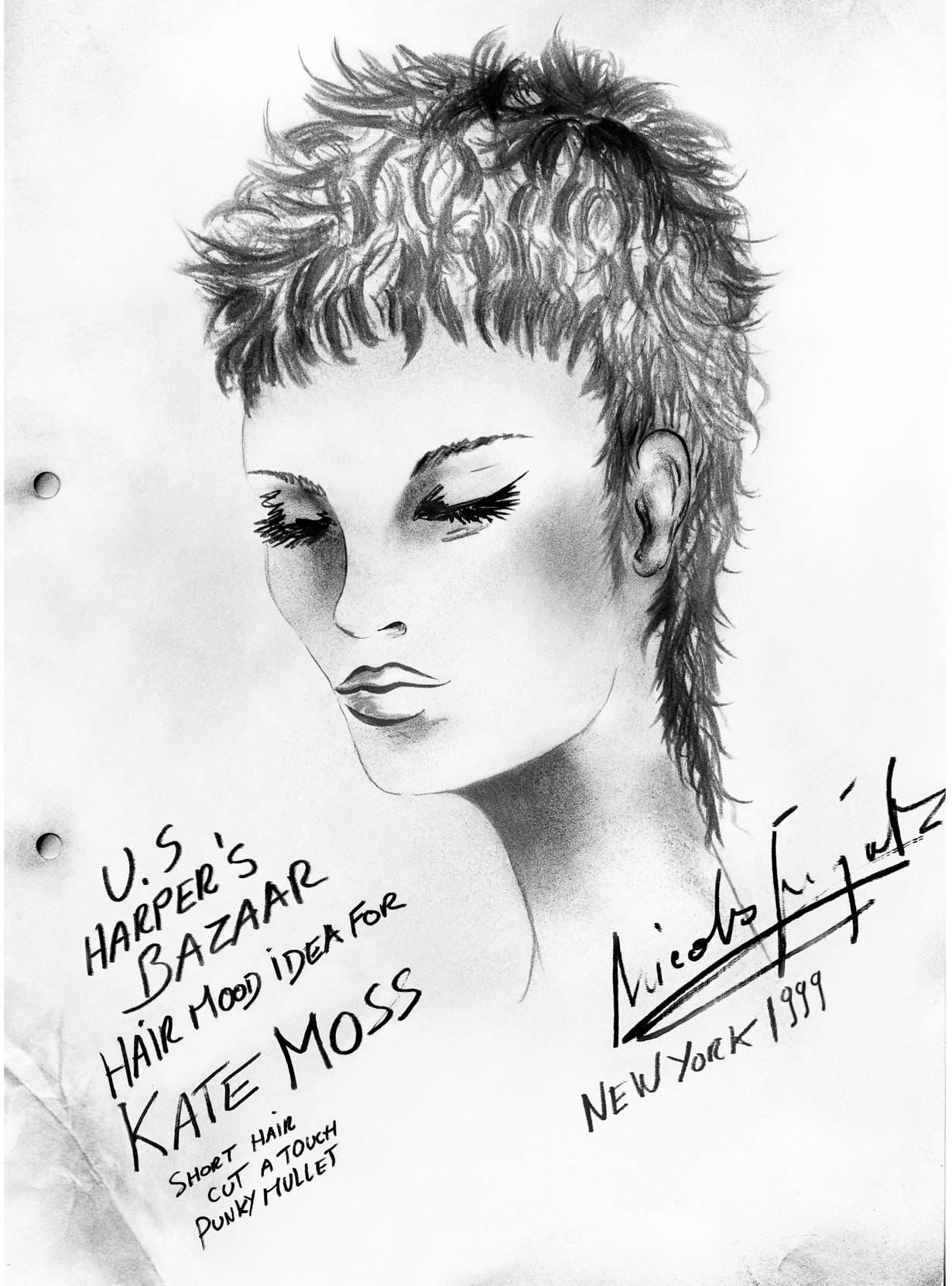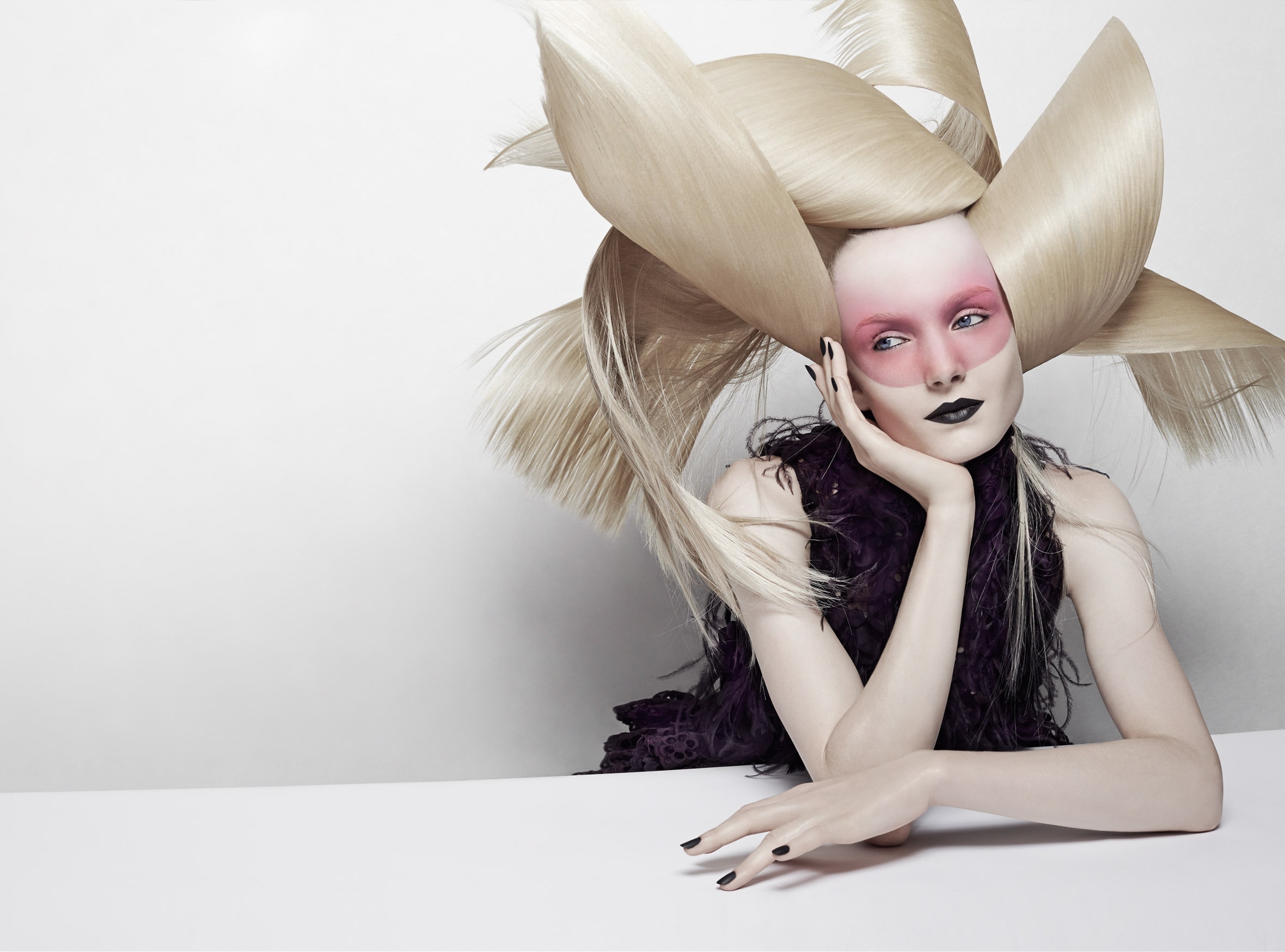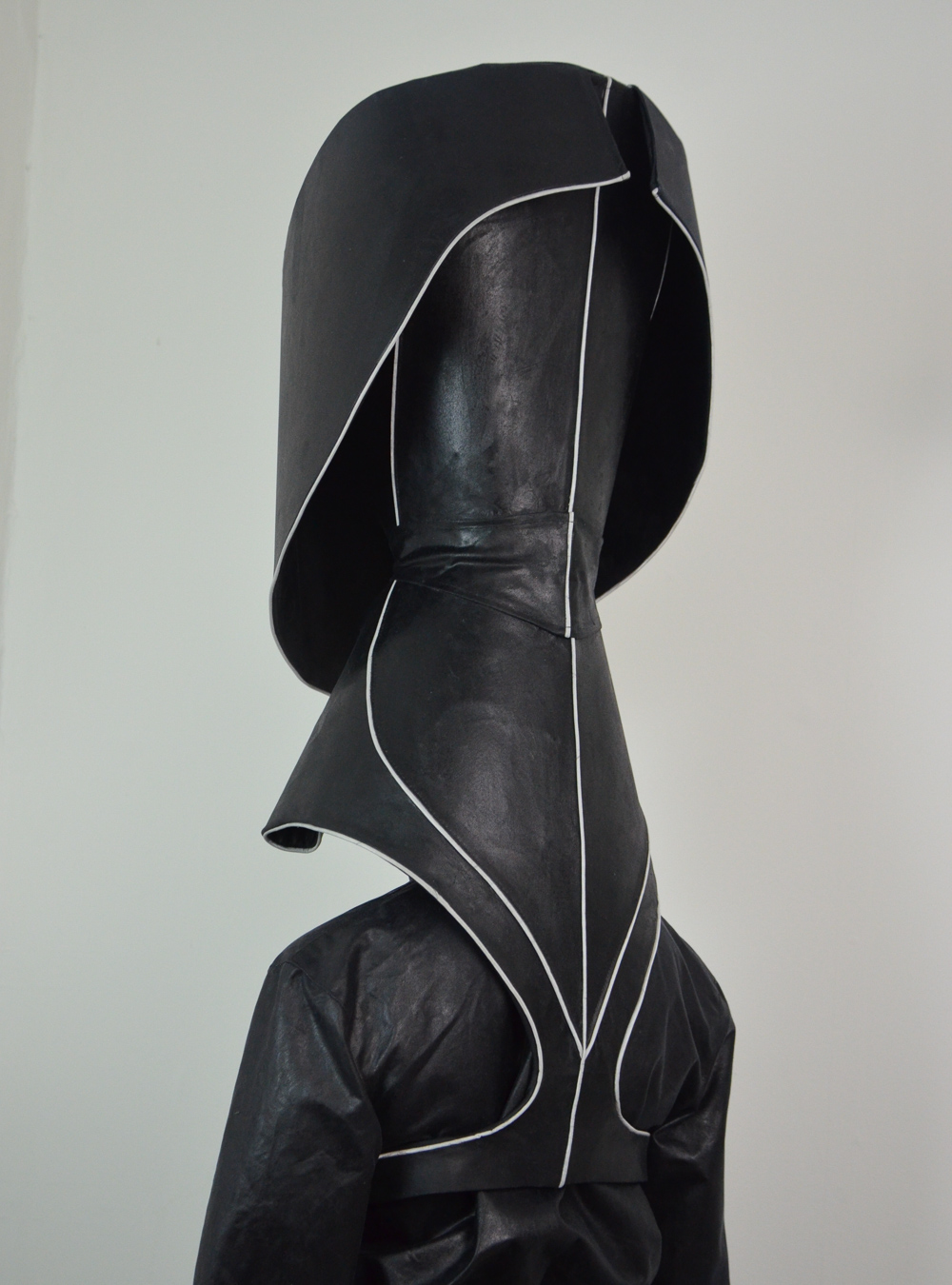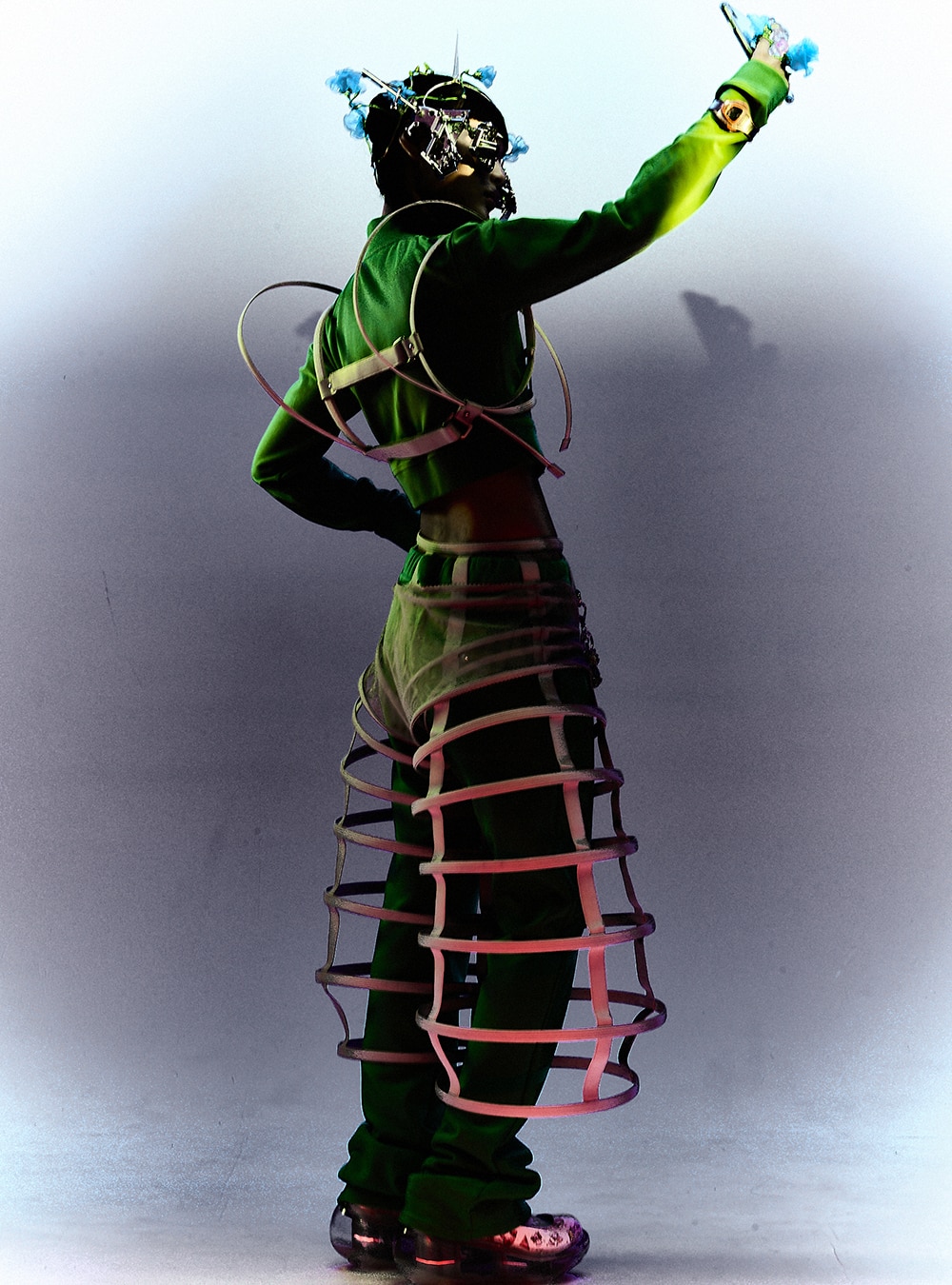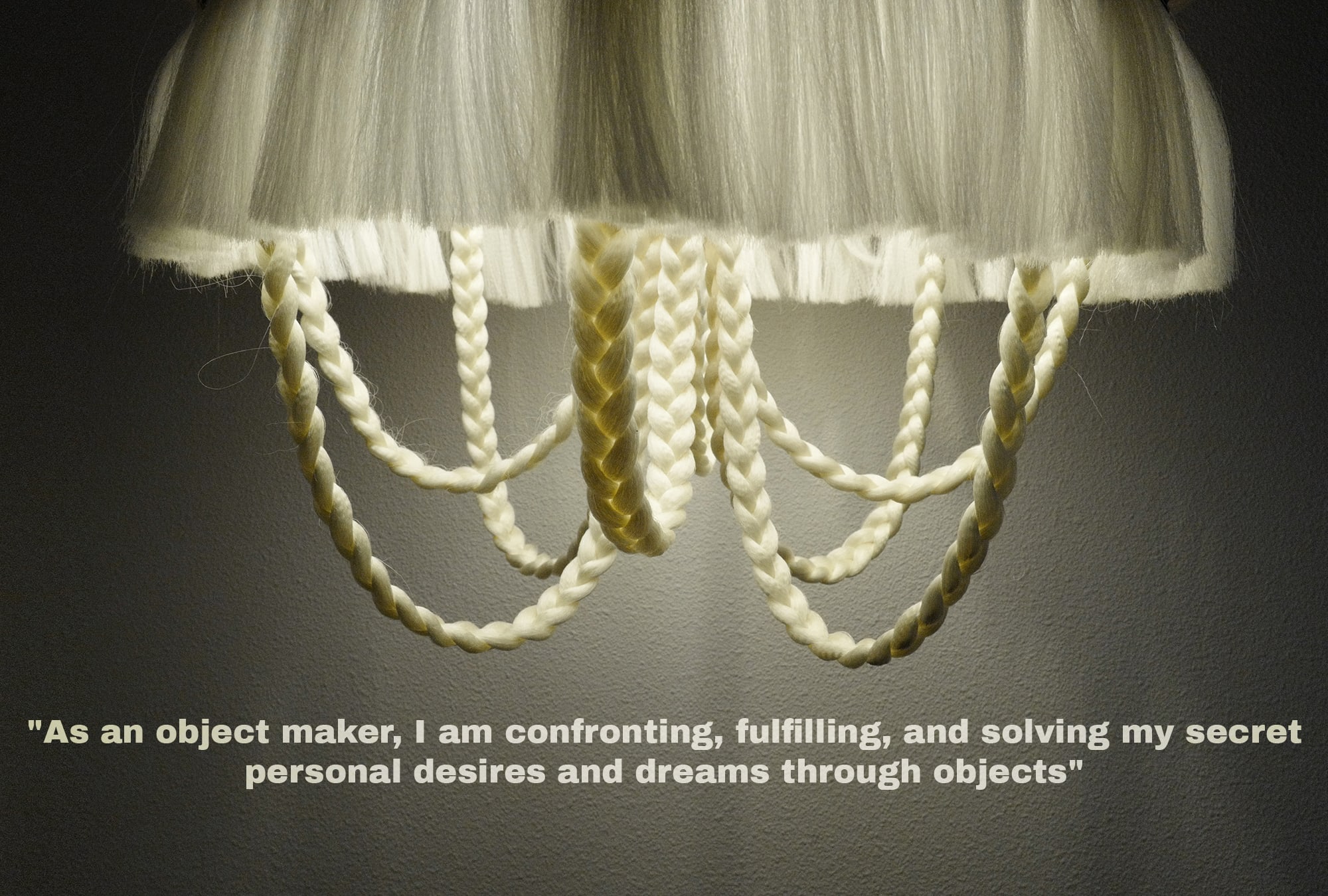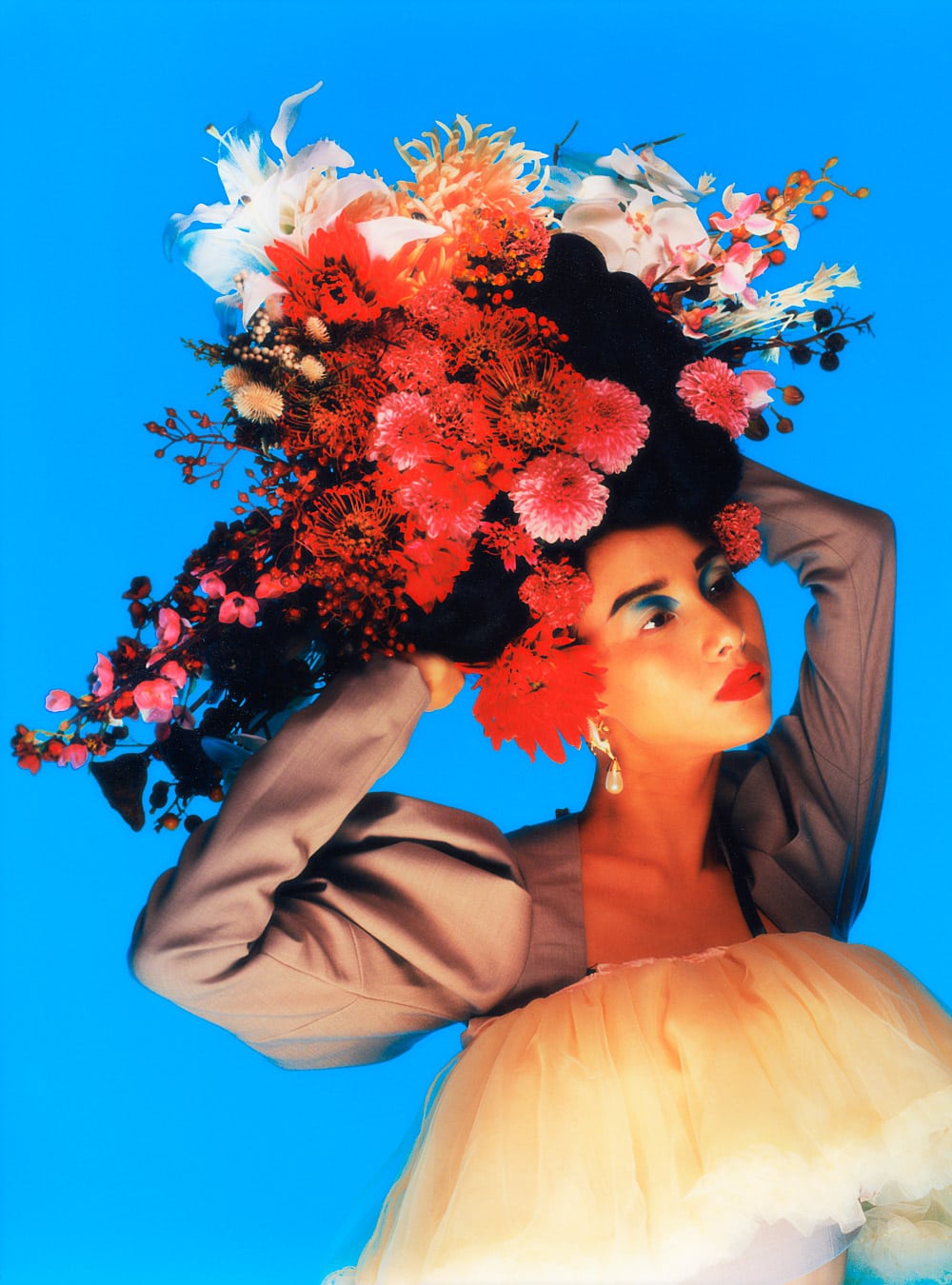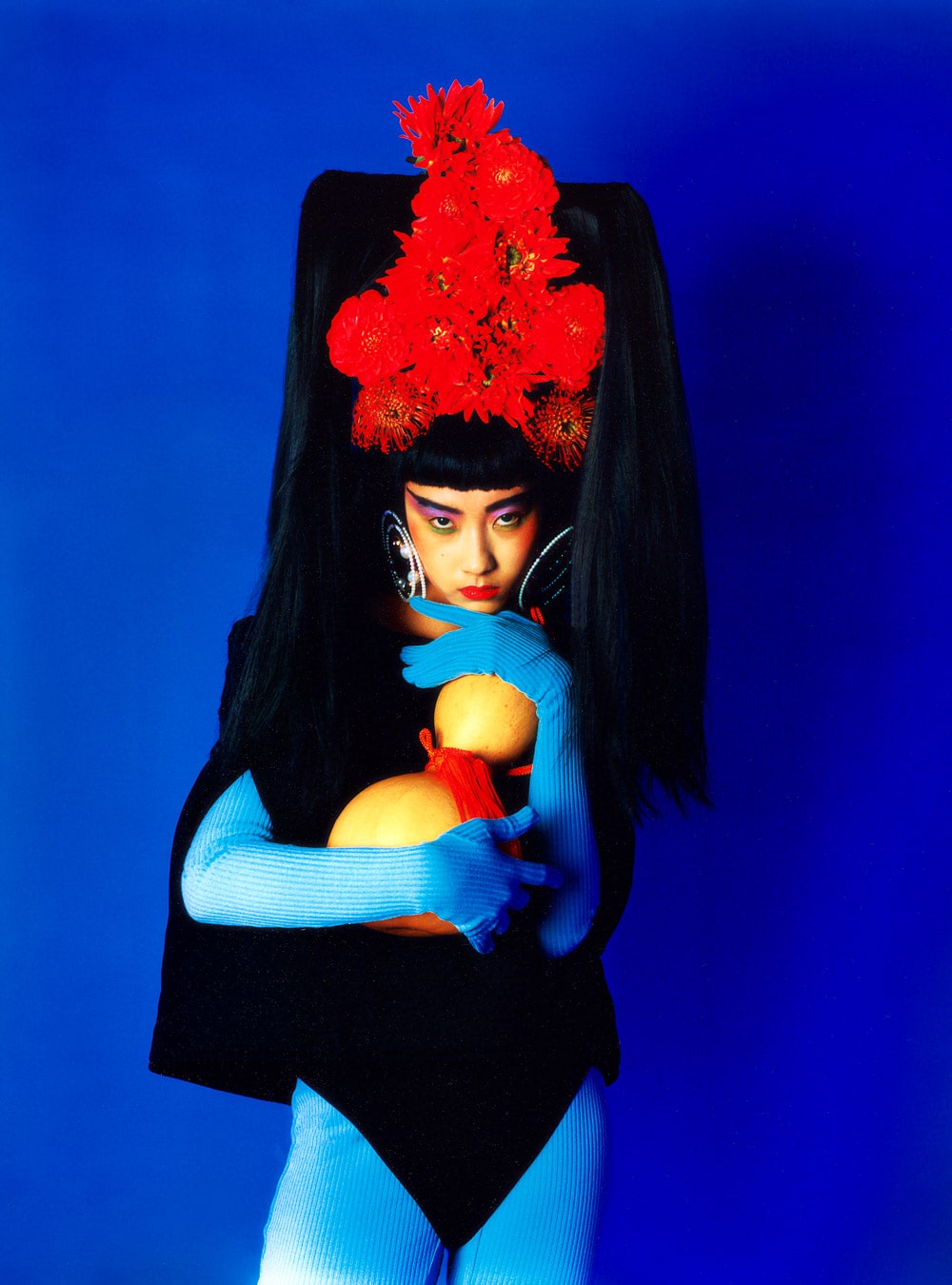PEOPLE: Known for his genre-defying hair looks, French coiffeur Nicolas Jurnjack shares his inspirations
Images: Nico Bustos, David Dunan, Nicolas Jurnjack, Jem Mitchell, Nick Norman
Interview: Emma de Clercq
Special Thanks: Nicolas Jurnjack
One of the world’s leading creative hair artists, Nicolas Jurnjack is immersed in all aspects of the fashion and beauty industry. He has created runway looks for Alexander McQueen and Jean-Paul Gaultier, and contributed to editorials and campaigns alongside top photographers such as Mario Sorrenti, Paolo Roversi and Patrick Demarchelier. Meanwhile, Jurnjack’s bold and sculptural approach to hair has ensured that he has made an impact across creative platforms; his pieces have been shown at the Louvre Museum, and in 2017 he released his first book In The Hair.
“I try to work the material, much like a sculptor would, to approach the raw element before giving it life and form”
Born and raised in Marseille, Jurnjack was offered his first styling opportunity – a shoot for French Elle – in the early 1980s. At this point, he was a young and relatively inexperienced hairdresser. “I had barely thought of a career in fashion,” he admits, “but I found that the work came naturally and easily to me, I had an affinity for it. I’d never been an assistant so had no inkling of the techniques used on set, even less about those used on a location shoot. I found myself on the beach with just a few hair pins in one back pocket, a brush in the other and a mini hair spray to style the long, wavy hair of a young Swedish model, which was roughly tousled by the wind and covered in fine sand.”
The experience prompted Jurnjack to move to Paris to pursue a career in session styling. Two years later, he landed his first Vogue cover. Jurnjack admits that in these formative years he often worried whether his technical skills were good enough to deliver the high calibre projects entrusted to him. “I still felt that technically, I had a long way to go compared to the work of hairstylists I was seeing in international magazines,” he recalls, “but the editors of Vogue asked for me again and again – despite my somewhat unorthodox approach to hair. I made it my personal duty to overcome any technical shortcomings as quickly as possible, developing an obsession with technical mastery so that I could deliver any request.”
We spoke to Jurnjack about his varied sources of inspiration, use of unorthodox materials and why the Statue of Liberty would be his ultimate client.
Could you tell us about your book In The Hair? What inspired you to create this? In The Hair reveals what a career working in fashion demands, a question my assistants often ask me. Fashion is glamorous, aspirational, ephemeral. I invite the reader to follow me behind the scenes, to experience the world behind the door through my career and experiences. The format of the book is a conversation between an art historian – a doctor of French Literature – and myself. His first idea was an extended interview with a limit of 50 pages. I was never attracted to big coffee table books full of images so this approach intrigued me. I was interested in his concept, a system of questions and answers that would be entirely devoted to hair: hairstyles, sources of inspiration, the world of hair, the aesthetic of women… In short, a world that I lived for with a passion.
It was really enjoyable (and at times very amusing) to revisit 30 years of my career, recalling anecdotes, details of shoots and taking a journey to track the changing aesthetics of hair through history. I enjoyed conversing freely, it was like speaking with a friend, comfortable and easy. Imagine sitting by the fire, sipping brandy, answering questions relating to your work with no obligation to be diplomatic, political or censor yourself. I will say that In The Hair is a conversation without ego, for all hairdressers, whichever field they work in. It is a tribute to our common passion, hair.
What is your most unlikely source of inspiration? Music and nature. For me, music has acted as a trigger for many ideas, conjuring up feelings, images and sensations that I translate and develop into hairstyles. Nature – wherever the place, whatever the weather – offers an infinity of inspiration. It is often where my mind goes when I’m searching for ideas. Skies painted with clouds offer a thousand varieties of volume, shapes, forms and movement for hairstyles. But equally, the shape of a building, a stone wall, an intertwining of roads, projections of shadows on a wall, the texture of any matter inspires me. I have occasionally created hairstyles out of wood chips, burnt matches, newspaper or even wire wool pads used for scouring pans. All matter has potential to be aestheticized even when the raw state at first appears undeserving of note.
Can you tell us about your working process? How do you come up with ideas and implement them? I enjoy creating all kinds of hairstyles, from the simple ponytail to the most intricate and elaborate of styles. When we are solicited, creatively speaking, for fashion week, editorials or unique projects, we have the opportunity to develop a vision beyond that of trends, using volume, texture, shape and style in more extravagant ways. When I embark on a work of sculpture, I try to explore hair outside of its element as a ‘fashion beauty accessory’ and transpose it into a textural sculpture. While hair is usually inscribed in an aesthetic sense to accompany the silhouette, the colour of a garment or trend in fashion, I try to work the material, much like a sculptor would, to approach the raw element before giving it life and form, to find a language and poetry of its own.
If you could cut and style anyone’s hair, who would it be? The statue of Liberty, because it is a symbol of freedom. I would love to push a sense of femininity, fluidity and add a lightness around the face by creating some layers or leaving strands of hair to frame it softly. I would unbind her hair, free it, create long and loose hair down to her hips, letting it flow in the wind with her crown sitting atop her glory – a strong, feminine image in movement – a similar feeling to some illustrations I have seen of Boudica riding her chariot. It’s funny for a French guy to be saying this because we designed the statue and created the hairstyle that she wears. But at that time in France we were very inspired by Roman gods, not so much by glorious goddesses.
What has been the most memorable experience of your career so far? It was in São Paulo in 1996, at a show which brought together 25 of the most revered Brazilian actresses and popular singers of the day for a social cause. I was there to style the hair of these women of all ages, from 19 to 60. I don’t think I’ve ever experienced greater professional joy. Brazil’s carnival tradition imposes overstepping boundaries as a duty, but in a rather joyous way. I felt this joy powerfully during the show. My hairstyles were not based on a fixed theme, instead they were based on the desires of each of these women, for whom I found myself creating the wildest arrangements… Gigantic hair pompoms as high as they were wide, adorned with parrot feathers à la Léonard Autié, but a Léonard who would first have been immersed in tropicalism.
With the complicity of all these incredible women, we took the extravagance of the hairstyles very far. Wellbeing exuded from each of the actresses and singers, enveloping the backstage area in a festive atmosphere that had us all floating on a cloud. They were disarming, overflowing with charm while involving themselves in work, refusing nothing and giving much. I have never again found such grace. With them we had everything: informality, happiness, creativity, communion of hearts, this unbelievable classiness and lightheartedness that made us able to dare anything and defy everything. In São Paulo, I was drunk with joy.
How would you sum up your relationship with hair in 3 words? Esthétique (creativity) Générosité (generosity) Le respect (respect)
- ANTHROPOLOGY OF HAIR
- ANTHROPOLOGY OF HAIR
- ANTHROPOLOGY OF HAIR
- ANTHROPOLOGY OF HAIR
- ANTHROPOLOGY OF HAIR
